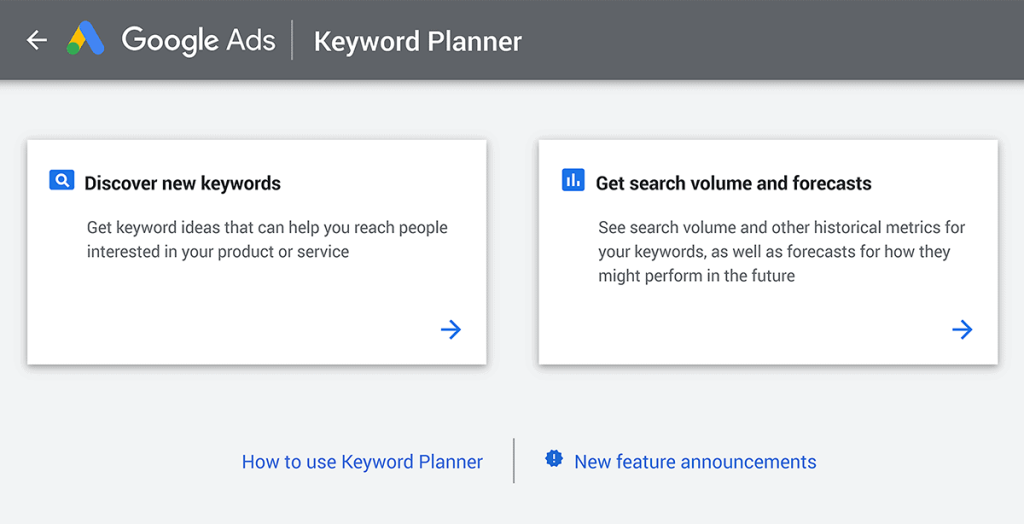Keyword research is an essential component of a successful SEO strategy. Reviewing competitors’ sites can help you uncover vital keywords that you can use to grow your search traffic. If you can find out your competitor’s keywords, you can gain a competitive edge in ranking high on the SERPs. In this post, we will cover competitor keyword analysis and how to use it effectively.
Page Contents:
What is Competitor Keyword Analysis?
A competitor keyword analysis is a process of finding keywords your competitors are ranking highly for and crafting content that outranks them on the search results page. It comprises both the keywords that your competitors rank high in search results and the keywords your competitors are targeting but has failed to rank for.
Why it is important?
A competitor keyword analysis is one of the powerful ways of competing in a crowded marketplace and surpassing other businesses in your industry.
Some of the benefits of conducting competitor keyword analysis are:
- Understanding how your competitor is performing in the search engines and how you can outrank them.
- Discovering new keywords that you may have failed to notice earlier.
- Using your competitor’s keywords to compete for rankings in the same search results.
- It will save your keyword research time as you are reviewing pages that are already ranking high in search results.
- It enables you to identify content gaps that you can improve to expand your brand outreach.
How to find competitor keywords?
Below is a list of tools that can help you find competitor keywords:
Keyword Planner tools
Tools like Google Keyword Planner and Ubersuggest Keyword tool can help you get a list of keywords for your competitor websites. To search for keywords using the Keyword Planner tool, select the option to ‘Start with a website’, type your website address, and choose the option to search for keywords for the entire website. Thereafter, you get the option to filter the keyword list based on the competition level.
PPC Campaign data
Pay-per-click (PPC) advertising is used by marketers to drive traffic to their websites and increase conversion rates. Tools like Semrush, Spyfu, and SimilarWeb can be used to review the keyword list used by a particular site for its organic and paid search campaigns.
Find out high ROI keywords
Once you complete the above steps to search for competitor keywords you can prepare a list of high-performing paid and organic keywords that are suitable for your business. After entering the keywords on the Excel sheet, filter those keywords by the search volume, competition, and paid difficulty. Choose targets for each of these metrics and omit keywords that don’t fulfill the criteria. The remaining keywords are your top-performing competitor keywords.
Review competitor keywords
Identify the products your competitors are selling and compare them with your products. Evaluate their product descriptions and analyze your product descriptions to review if any important keyword is missing from the list. Visit reputed websites to check for reviews of competitor products and monitor words and phrases that people use to describe the products.
Competitors’ landing pages
Evaluate your competitors’ product landing pages and also review the blog articles based on these products. Tools such as Google Keyword Planner can help you generate keywords specific to product landing pages. Select the landing page that you want to analyze the keywords for and copy the URL. Visit the Keyword Planner tool, click on the ‘Start with a Website’ tab, and click on ‘Use only this page’. Paste the copied URL and enter to get the results. You can filter the results by competition and paid keywords’ bid amount.
Keyword Clusters
Keyword clustering is a process where you distribute keywords into different groups based on their relevancy. Once you have prepared a list of important and relevant keywords, divide keywords into separate categories of content. Allocate these keywords under different stages of the conversion funnel. Again, distribute these keywords as per parameters like customers’ content journey, paid strategies, and so on.
Monitoring your competitors’ keywords helps you discover new market opportunities and trends to scale your search engine optimization efforts. Examining your competitors’ keywords can give you insight into what best practices they are following to drive traffic and increase their ranking on the SERPs. Hope the above points help you in your keyword research journey.
Sign up at Serpok for more engaging and informative content.

